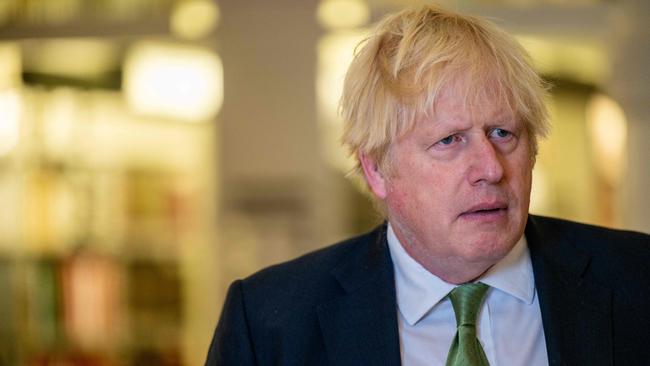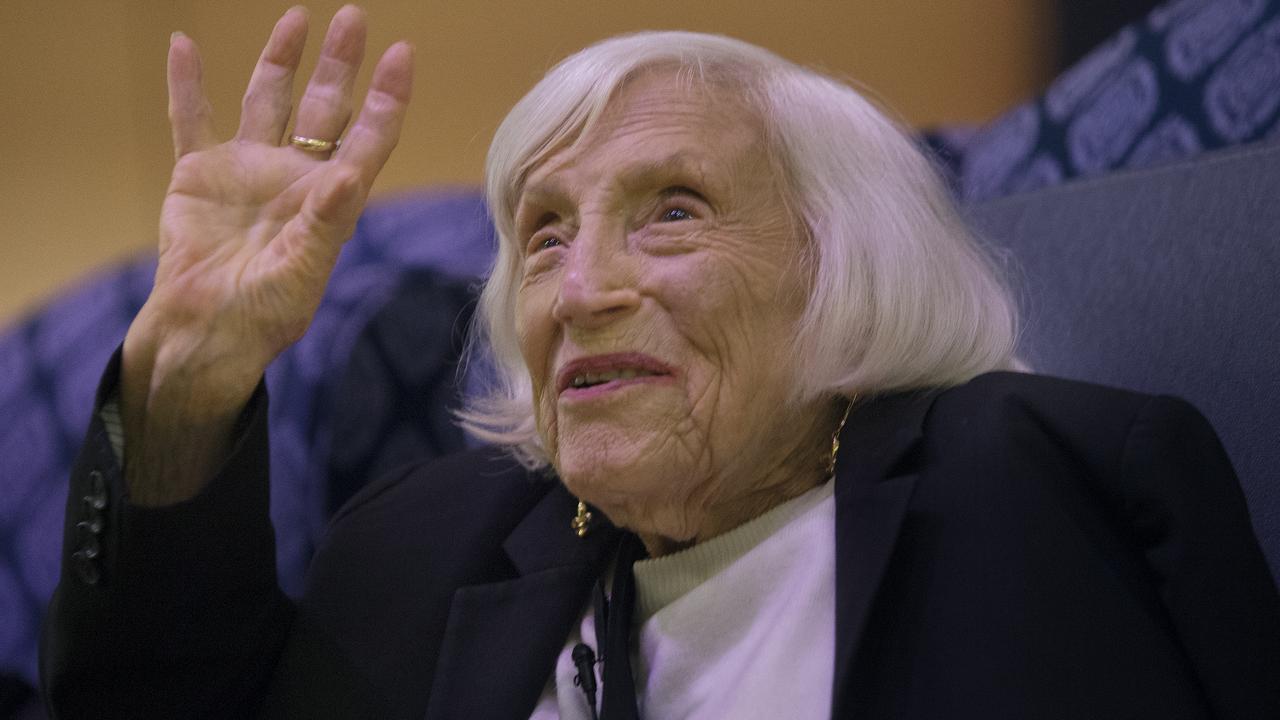Boris Johnson refused to hand over lockdown phone
Boris Johnson refused to hand over the phone he used for most of the pandemic to officials even though it may contain messages about lockdowns.

Boris Johnson refused to hand over the phone he used for most of the pandemic to officials even though it may contain messages about lockdowns.
The Cabinet Office told the former British prime minister last Johnson that he would need to hand over “any papers or electronic records” from his time in Downing Street to the Covid-19 inquiry, saying he had to keep them “safe and secure, so that they can be made available if requested”.
He eventually handed over 300 printed pages of WhatsApps and 25 notebooks to the Cabinet Office this week after months of correspondence with officials, according to a witness statement by senior civil servant Ellie Nicholson.
However, Mr Johnson did not hand over the phone he used before April 2021, a period covering the three national lockdowns as well as the gatherings investigated at an earlier inquiry.
Mr Johnson was forced to stop using the phone in April 2021 after it emerged that his number had been available online for 15 years. His contact details were found at the bottom of a think tank’s press release from 2006 and he was told to abandon the phone for security reasons.
Mr Johnson said overnight on Thursday that he had not yet passed on the messages from his old device because of hacking concerns. He insisted he was willing in principle to give WhatsApp exchanges on the phone to the inquiry unredacted.
His spokesman said: “After a well-publicised security breach in April 2021, Mr Johnson was given advice by security officials never to turn on the old device. The effect is that historic messages are no longer available to search.”
The Cabinet Office is now redacting Mr Johnson’s notebooks and his WhatsApps covering the period after April 2021 that have been handed over.
The decision to redact the messages has been challenged by Baroness Hallett, the chairwoman of the inquiry, who has demanded all documents in their original state. The Cabinet Office is taking legal action against the inquiry to defend the redactions.
The Cabinet Office said the WhatsApps contained a large amount of “irrelevant material”.
“Examples of the sort of irrelevant content in question no doubt abound – discussion of matters relating to a person’s family or private life (eg a child’s music lesson), or about a personal matter such as an illness, or about an entirely unrelated matter of government business,” it said.
The Times



To join the conversation, please log in. Don't have an account? Register
Join the conversation, you are commenting as Logout